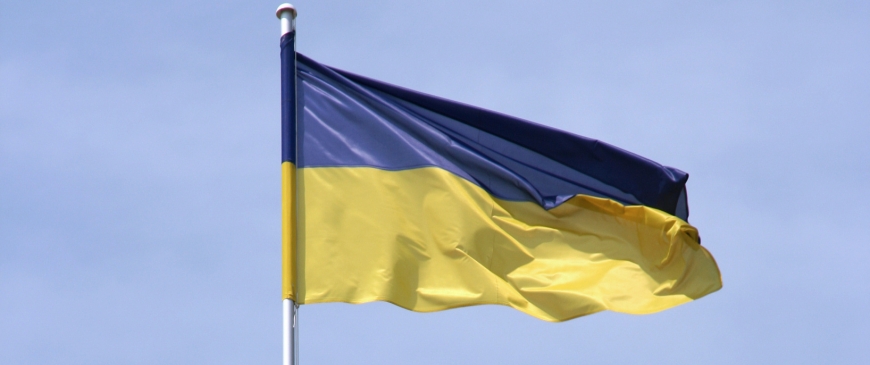
France finds a friend in Ukraine
by Tomas Valasek
The government of Nicolas Sarkozy has launched a charm offensive towards Ukraine. French diplomats in Brussels have begun saying that Ukraine should have a ‘privileged’ status with the EU. And, instead of an ‘enhanced agreement’, which the EU has been busy negotiating with the Kyiv government, France now wants a ‘super-enhanced’ agreement. In the arcane world of Euro-speak, these are loaded terms – what the French are doing is blurring the line between Ukraine being seen as a neighbour and as a potential member.
This is quite a leap for France, which has been better known for its scepticism towards further enlargement. The French rejected the European constitution in 2005, partly because they did not like the ‘new’ European Union born in the 2004 round of enlargement (the newcomers from Eastern Europe tended to be too pro-American to French tastes). And cynics might say that even today, France is only pushing Ukraine’s membership case as a way of blunting its controversial stance on Turkey’s membership (Sarkozy opposes that, and has done his best to slow down Turkey’s accession talks).
Whatever its motives may be, France is doing the right thing. Ukraine matters to European security – it is a large, booming country, right on the EU’s eastern borders. It is culturally and geographically European, and most of its citizens genuinely want to be a part of the EU. It may be years away from attaining anything like European standards of stability, prosperity and governance – but if and when it does, it should be able to join the EU.
Ukraine is also a fragile place politically – constitutional court decisions are routinely ignored, while the parliament has gone months without passing any laws because of a stalemate between the opposition and the government. But that only makes a clear prospect of EU membership all the more important. In all the Central European states that joined in 2004, the prospect of EU membership had a stabilising effect. Politicians become more reluctant to carry on fratricidal arguments when to do so might put the chances of membership at risk.
All in all, the new French stance on Ukraine is welcome news. President Sarkozy has also made it clear that he would like to remove the constitutional provision that any country seeking to join the EU after Croatia cannot do so unless the French vote Oui in referendum. This, too, sends a signal to Ukraine that the EU is becoming a more open and welcoming place. Already, the new French stance on enlargement is percolating through the EU institutions. European Commission experts working with Ukraine report hearing the ‘A’ word, accession, in the corridors and meeting rooms of Brussels. The EU should bring the debate out from behind closed doors. Sarkozy should convince other European leaders that they should send a signal to Ukraine: when it meets the criteria, the EU will welcome it as a member.
Tomas Valasek is director of foreign policy and defence at the Centre for European Reform.
